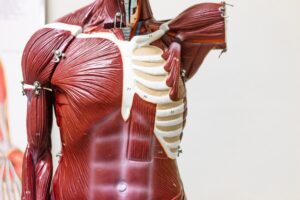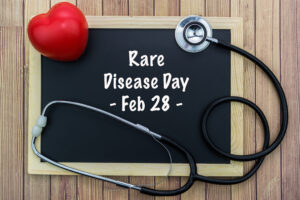
3 Rare Disease of the Muscular System
A muscular rare disease affects the muscles of the body. This can be a weakening, irritability, or low muscle tone. This can also have a consequent impact on an individual’s physical development and ability. The body contains over 600 muscles, and muscles control every movement we make. There are three main types of muscles – […]










